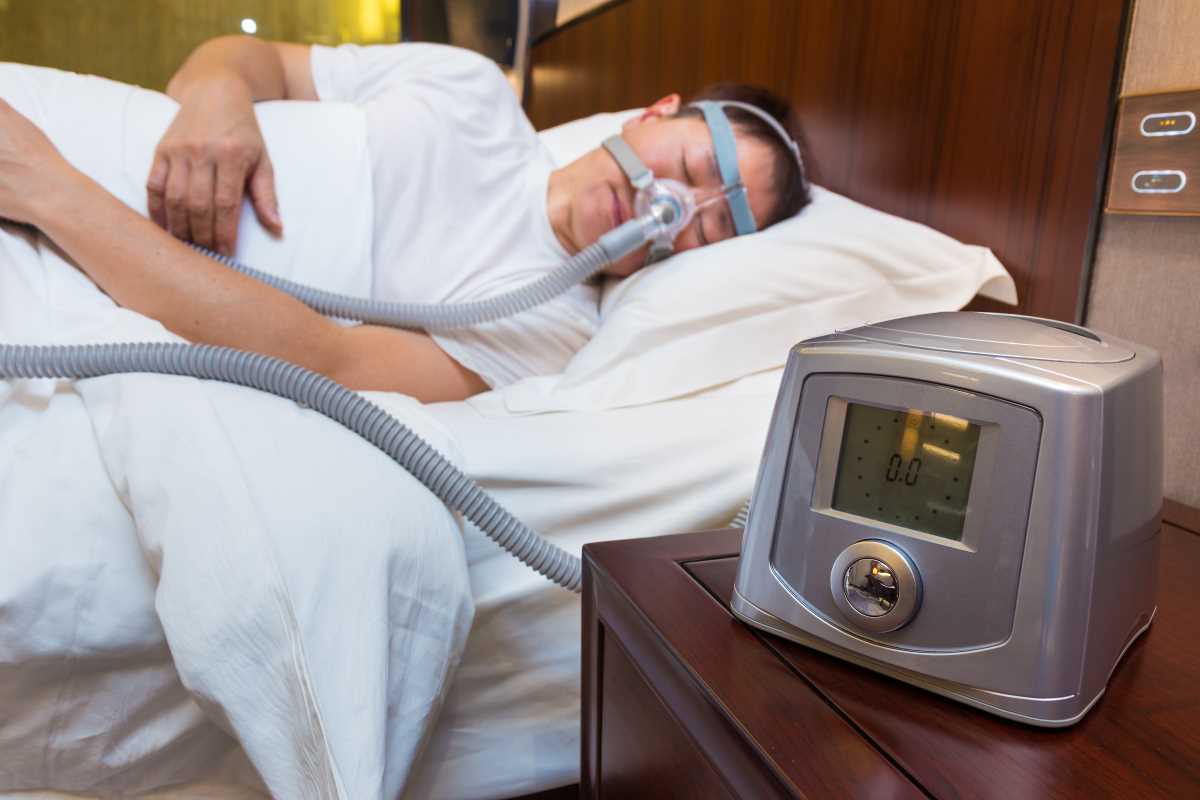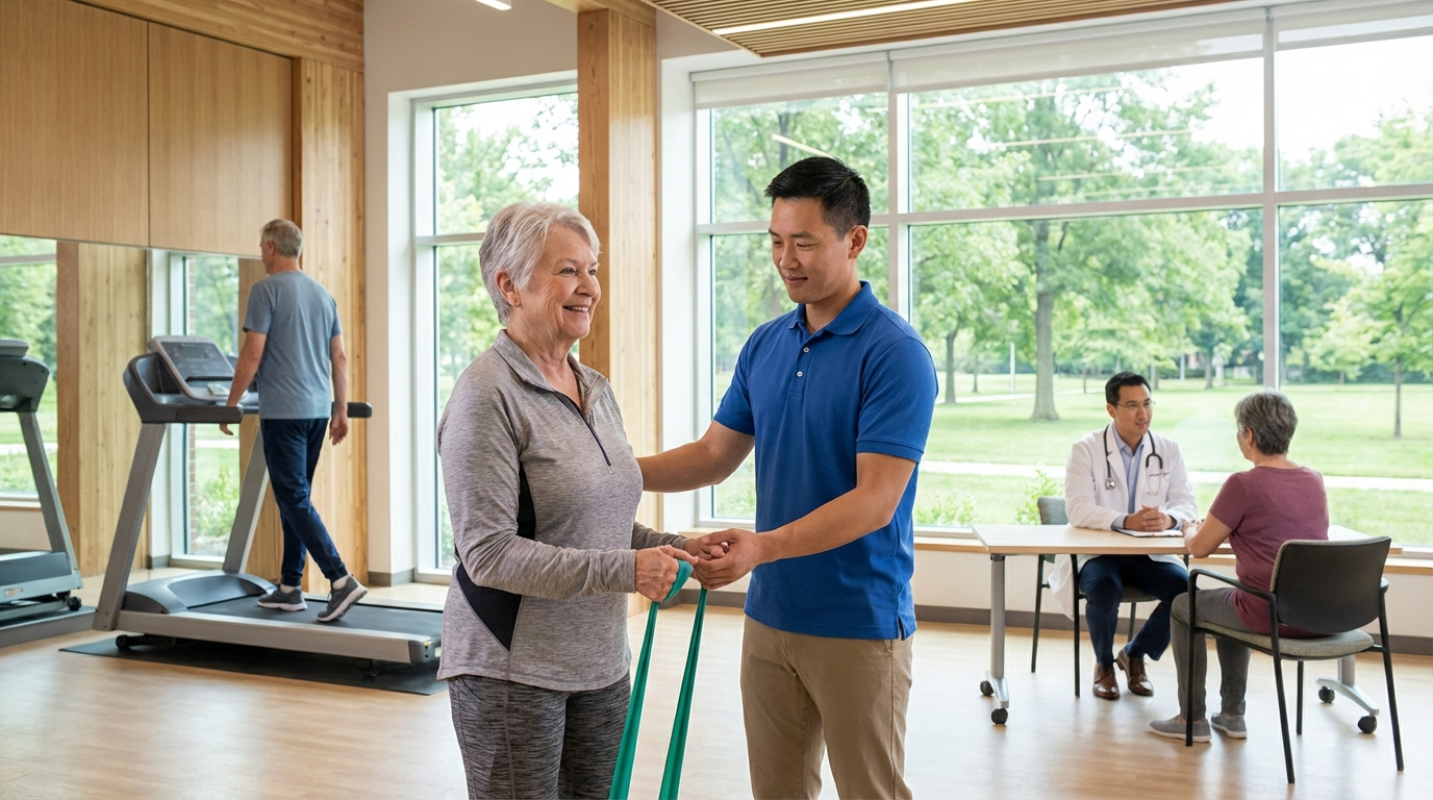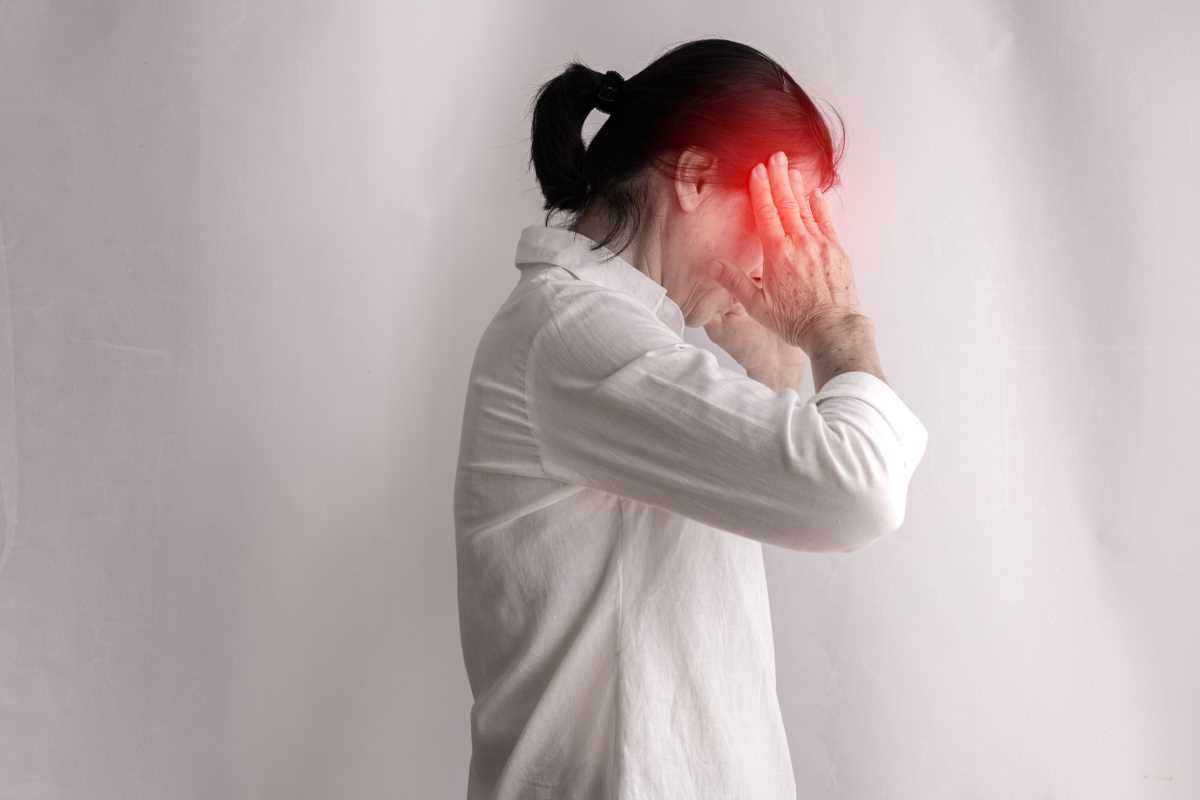If you’ve been diagnosed with sleep apnea, chances are your doctor has recommended using a CPAP machine to help you breathe better at night. It may sound complicated, but a CPAP machine is just a device that gently pushes air into your airways to keep them open while you sleep. By doing so, it helps you avoid the interruptions in breathing that characterize sleep apnea.
But here’s the thing: not all CPAP machines are the same, and choosing the right one can feel overwhelming. With so many options available, it’s easy to feel lost, especially if you’re new to this whole sleep apnea treatment thing. This guide will break everything down step by step so you can make an informed choice. By the time you’re done reading, you’ll feel confident in finding a machine that fits your needs and helps you get a much-needed good night’s sleep.
What Is a CPAP Machine?
Before we get into how to choose one, let's make sure you understand what a CPAP machine does. CPAP stands for Continuous Positive Airway Pressure. That’s just a fancy way of saying the machine uses air pressure to help keep your airways open.
Here’s how it works:
- You wear a mask over your nose, mouth, or both while you sleep.
- The machine delivers a steady stream of air through the mask and into your airways.
- This keeps your throat from collapsing or blocking during the night, which helps prevent the pauses in breathing that sleep apnea causes.
By keeping your breathing steady, CPAP machines help you feel more rested, improve your overall health, and reduce the risks of serious conditions like heart disease or stroke.
Types of CPAP Machines
Not all CPAP machines are created equal. There are actually a few main types, each designed for different needs. Understanding the differences is the first step in finding the right one for you.
1. Standard (Fixed-Pressure) CPAP Machines
A traditional CPAP machine delivers air at a fixed pressure. That means once your doctor determines the pressure you need, the machine will stick to that setting throughout the night. These are straightforward and relatively affordable but might not be ideal if your pressure needs change while you sleep.
2. Auto CPAP (APAP) Machines
An Auto-Adjusting Positive Airway Pressure machine does exactly what it sounds like. It automatically adjusts the air pressure based on your breathing patterns. For example, if you need more support during a certain part of the night, the machine adapts in real time. This makes APAP machines comfortable for people whose apnea varies during the night or over time.
3. BiPAP Machines
BiPAP, which stands for Bilevel Positive Airway Pressure, delivers two different pressure levels: one for when you inhale and a lower one for when you exhale. These machines are typically recommended for people with severe sleep apnea, other breathing issues, or those who find standard CPAP therapy uncomfortable.
4. Travel CPAP Machines
If you travel a lot, a compact and portable CPAP machine could be a game-changer. These are smaller and lighter than standard models, but they still get the job done. Some even come with battery options for camping or long flights.
Things to Consider When Choosing a CPAP Machine
Picking the right CPAP machine isn’t just about the type. There are a bunch of other features to think about as well. Here are some key factors to keep in mind:
1. Comfort Comes First
If the machine or mask feels uncomfortable, you’re less likely to stick with it. Look for features like adjustable masks, different mask styles (nasal, full-face, or nasal pillow), and machines with quiet operation. After all, no one wants a noisy machine keeping them (or their partner) awake!
2. Ease of Use
Some CPAP machines are designed with complicated menus and controls. Unless you’re super tech-savvy, stick to one that’s user-friendly. Machines with straightforward settings and clear instructions make it easier to adjust to therapy.
3. Humidifier Options
Many people find that the air from a CPAP machine can feel dry, especially in the winter. Machines with built-in humidifiers or heated tubing can add moisture to the air and make therapy more comfortable.
4. Data Tracking
These days, many CPAP machines come with apps or built-in monitoring systems to track your sleep data. This can help you (and your doctor) figure out how well the treatment is working and make adjustments if needed.
5. Portability
If you’re someone who travels often, you might want a lightweight and compact model. Some travel-friendly CPAP machines also have FAA approval, meaning you can use them on airplanes.
6. Budget
While your health is worth investing in, it’s important to stick to a CPAP machine that fits your budget. Standard models are typically more affordable, while advanced features like auto-adjusting pressure or data tracking tend to cost more.
Choosing the Right CPAP Mask
A good mask is just as important as the machine itself. Here are the three main types to consider and who they’re best for:
- Nasal Masks
- Covers your nose only.
- Great for people who breathe mostly through their nose while sleeping.
- Full-Face Masks
- Covers your nose and mouth.
- Ideal if you’re a mouth breather or tend to get congested.
- Nasal Pillow Masks
- Sits at the base of your nose with minimal contact.
- Perfect if you want a lightweight and less obtrusive option.
Consulting with Your Doctor or CPAP Specialist
Even with all this information, you don’t have to figure it out on your own. Your doctor or a sleep specialist can help you choose the best CPAP machine based on your unique needs. They’ll look at factors like the severity of your sleep apnea, your breathing patterns, and even your sleeping position.
Many clinics or suppliers will also allow you to try different machines and masks before committing. Don’t be afraid to ask for advice or recommendations.
 (Image via
(Image via





